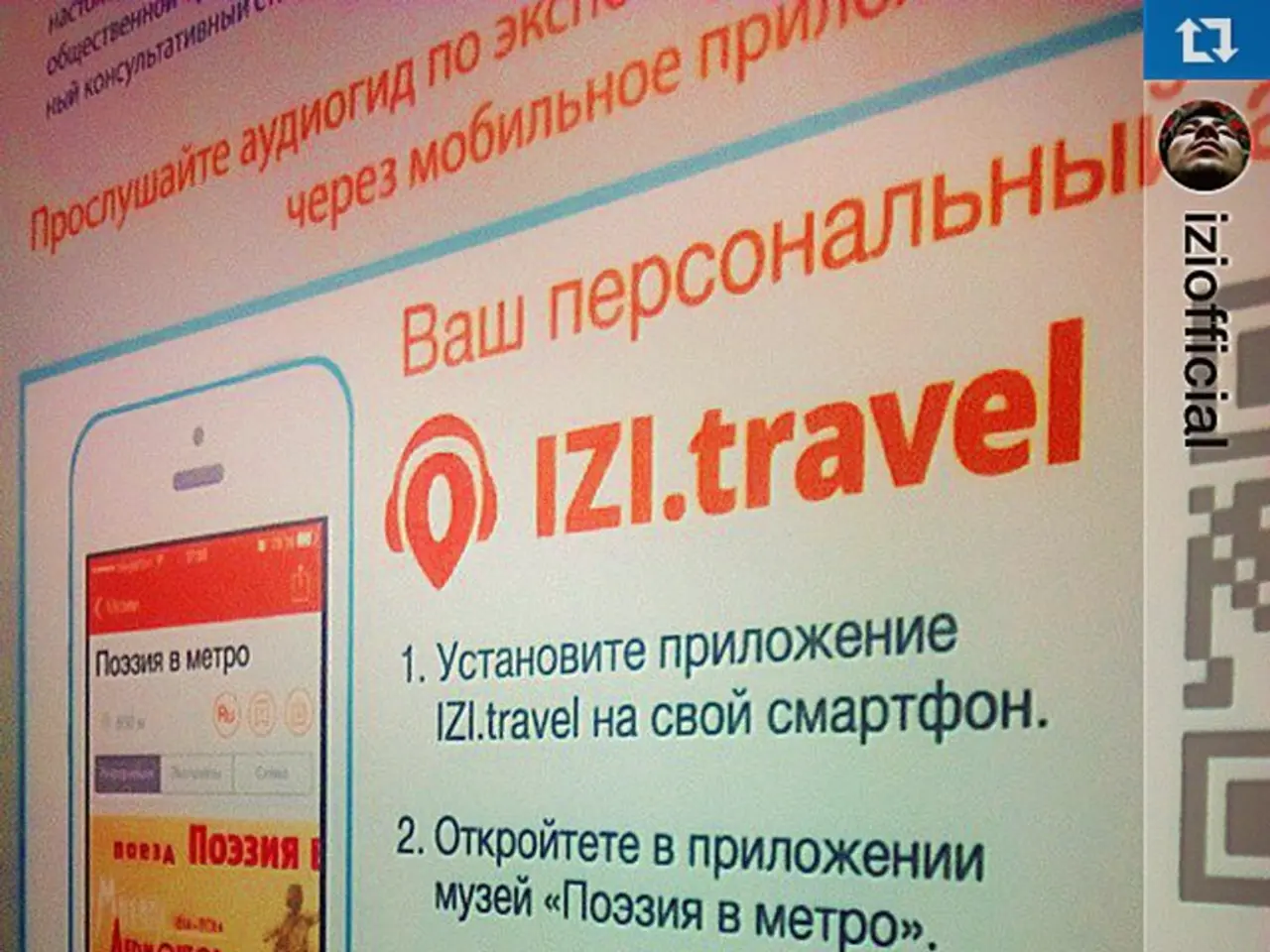Pre-employment Polygraph Examination for Staff Candidates
In the world of recruitment, pre-screening tests have become an essential tool for employers seeking to identify the most suitable candidates for their teams. These tests are designed to evaluate a candidate's compatibility with the specific job, the company's values, and goals, and even the work environment itself.
Among various types of employee pre-screening tests, the Lie Detector Test, also known as a polygraph, stands out as one of the most potent and reliable methods. This test focuses on detecting deception through physiological measures, making it a powerful tool to verify candidate honesty and integrity in sensitive or high-stakes roles.
The Lie Detector Test targets veracity and honesty specifically, using objective physiological data such as heart rate, blood pressure, respiration, and skin conductivity. These indicators can reveal stress or deception when subjects answer questions, which may indicate dishonesty.
One of the key advantages of the Lie Detector Test is its ability to uncover hidden information or intentional deception that traditional assessments or interviews may miss. However, it is essential to note that while the Lie Detector Test is a valuable addition to the hiring process, it is not infallible. Results should be interpreted with caution.
The use of the Lie Detector Test in pre-screening may raise privacy concerns and should be handled with care. It is often regulated and not universally legal in all hiring contexts. Moreover, it requires a skilled examiner to ensure accurate results.
Pre-screening tests, including the Lie Detector Test, can help in creating a more productive work environment by selecting individuals who are most likely to be successful in the job. They can also help in reducing the likelihood of future conflicts within the team and ensuring a smooth transition for new hires.
In addition to the Lie Detector Test, other common pre-screening tests include achievement tests, aptitude tests, physical ability/agility tests, personality tests, honesty tests, drug tests and medical exams, skill tests, and background checks. Each of these tests serves a unique purpose in the hiring process, helping employers make informed decisions and select well-suited new hires.
In conclusion, while many pre-screening tests assess qualifications, abilities, or personality, the Lie Detector Test stands out by focusing on detecting deception through physiological measures, making it a valuable tool in the hiring process for verifying candidate honesty and integrity in sensitive or high-stakes roles.
In the realm of finance and business, the Lie Detector Test serves as a significant tool for employers seeking to maintain integrity in sensitive or high-stakes roles by verifying the honesty of potential candidates. The test focuses on physiological indicators such as heart rate, blood pressure, and skin conductivity to detect deception that may not be detected through traditional methods.




